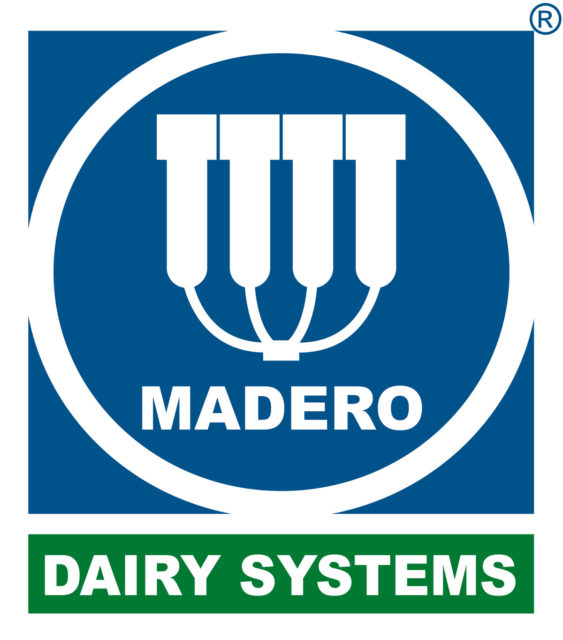Recently, the California Department of Food and Agriculture (CDFA) announced that for the months of February through May 2013, the minimum prices for the five classes of milk will be increased by varying amounts, resulting in an overall blend price increase of about $0.25 per hundredweight (cwt).
CDFA increased the Class 1 (fluid) price by $0.05 per cwt, the Class 2 (soft products) and 3 (frozen products) prices by $0.10 per cwt and the Class 4a (butter/powder) and 4b (cheese/whey products) prices by $0.30 per cwt.
Given recent statewide utilization of each of these classes of milk in California, the increases blend out to a temporary bump of approximately $0.25 per cwt in producer pay prices.
While California dairy families certainly appreciate the recognition that increases to producer pay prices are warranted, the announced changes fall significantly short of what producers hoped for going into this hearing process.
For the past three years, California dairy families have urged CDFA and Secretary Karen Ross to make permanent changes to our Class 4b price that would bring us into closer alignment with the federal order Class III price, which is the benchmark price for milk sold to cheese plants in federal milk marketing order areas (which is the regulatory structure overseeing about 80 percent of the milk produced and sold outside of California).
As Milk Producers Council (MPC) has reported numerous times, since the beginning of 2010, CDFA’s unwillingness to make those changes to our Class 4b pricing formula has resulted in the California cheese manufacturers getting a state-sponsored discount of more than $700,000,000, all on the backs of the roughly 1,600 dairy farms left in California.
With California’s Class 4b prices averaging almost $2 per cwt below the federal order Class III price in 2011 and 2012, obviously dairy farmers are very disappointed to see CDFA only willing to provide a four-month increase of $0.30 per cwt to the California Class 4b price.
At the hearing, several proposed increases to the various class prices were presented to the CDFA staff. Most producer organizations/cooperatives proposed increases that would have resulted in a net increase of about $0.70 to $1 per cwt to the producer pay price.
MPC testified in support of increasing the Class 1, 2, 3 and 4b prices by at least $1 per cwt, while leaving the Class 4a formula unchanged. (We testified that since the Class 4a processing plants were almost exclusively owned by dairy farmers, increases to that monthly price did not represent additional revenue for the dairy farming community, which was the reason for holding the hearing.)
In the end, however, CDFA chose to make much more modest increases (to say the least) and included all five classes in the equation.
So what can we learn from the recent actions by CDFA? It is abundantly clear that the relief dairymen need will not come from the CDFA hearing process. California’s dairy families, their trade associations and their cooperatives need to be working on reforms that don’t rely on the discretion of CDFA. That process has already begun and, quite frankly, cannot happen fast enough. PD
— Excerpts from Milk Producers Council weekly newsletter, Jan. 25, 2013
Vandenheuvel is the general manager of Milk Producers Council based in Ontario, Bakersfield and Turlock, California. Click here to reach him by email.
Seminar to explore instituting a Federal Order in California
Producers attending World Ag Expo will have two opportunities to hear a presentation about what a Federal Milk Marketing Order might look like and how it might behave in the California marketplace.
The first seminar will be held at 9:30 a.m. on Wednesday, Feb. 13, in the VIP Event Tent on the show grounds. A re-run of the seminar will be held at 3 p.m. the same day in Progressive Dairyman ’s seminar room at the intersection of Expo Lane and S Street.
The seminar will be presented by Tom Wegner, director of economics and dairy policy for Land O’Lakes . It is based on the company’s experience operating in several milk marketing orders across the country and will highlight the differences between California’s milk pricing system and the federal order system.
Following the presentation, a panel will discuss the presentation, and it will be followed by an audience Q&A. Invited panel participants include Dr. Eric Erba, senior vice president & chief strategy officer for California Dairies, Inc. , and Elvin Hollon, director of fluid marketing & economic analysis for Dairy Farmers of America . PD





